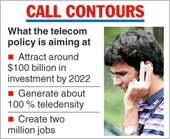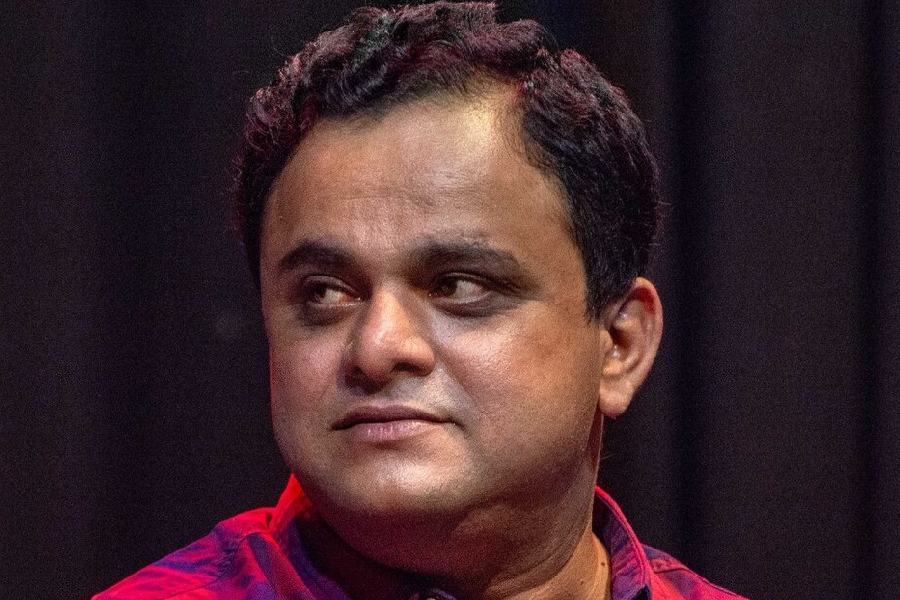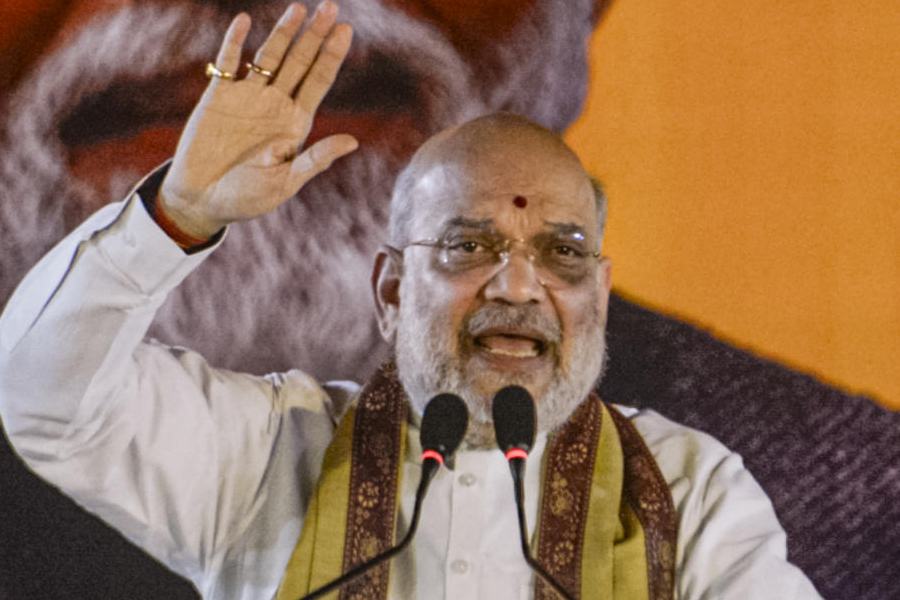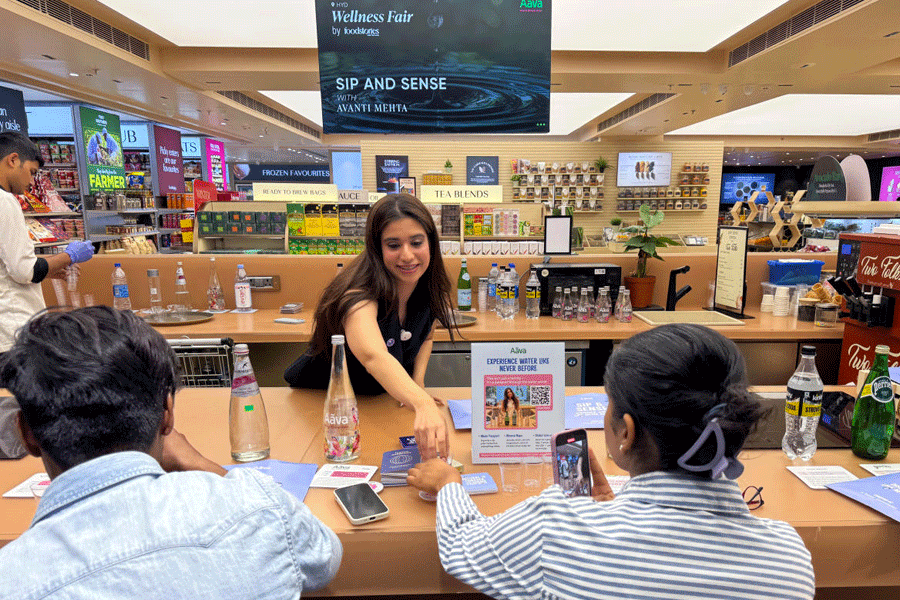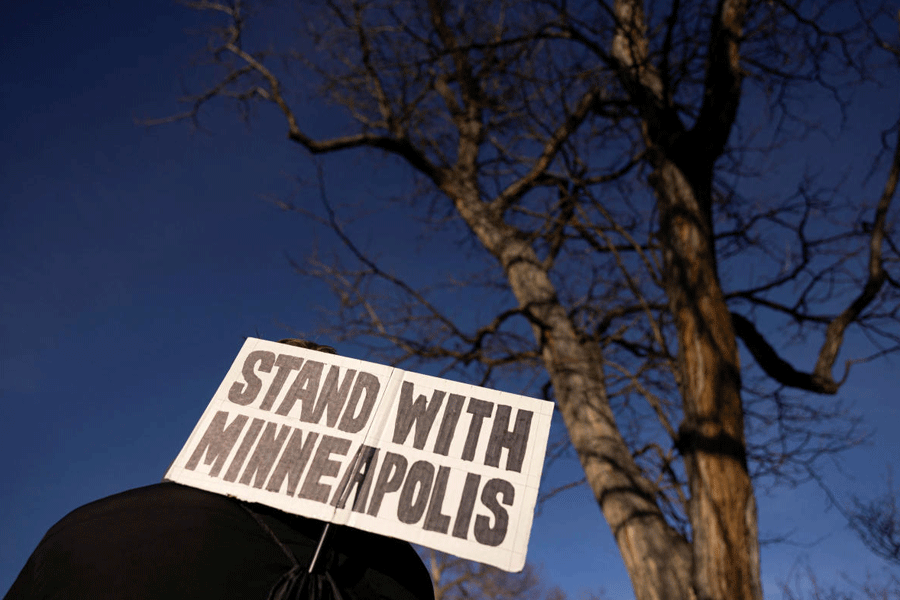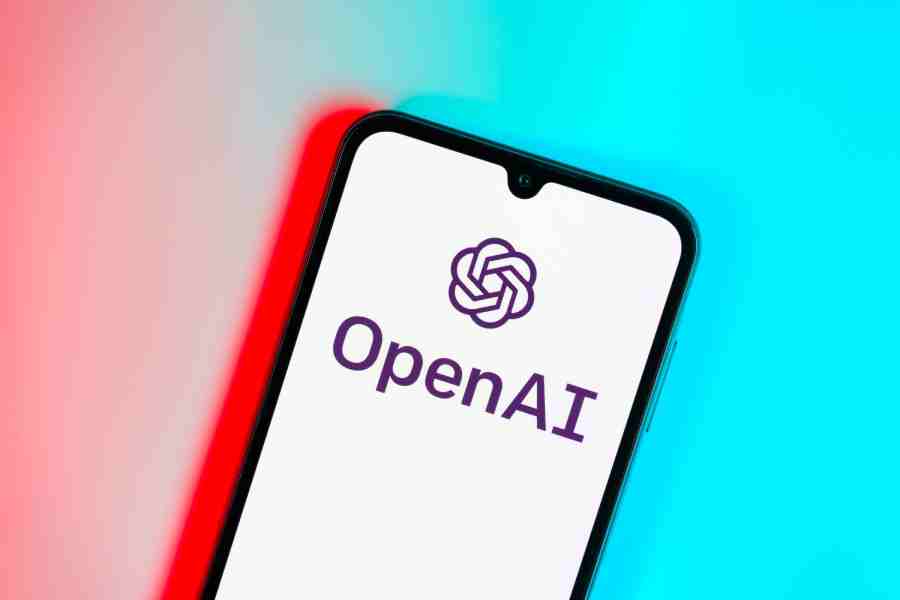
New Delhi, July 16: India is preparing to embrace the core principles of Net neutrality without actually defining what the term means - leaving the door open to a new form of regulatory oversight over certain communications-related apps that bob over the Internet like Skype, WhatsApp and Viber.
"We need not hard code the definition of Net Neutrality but assimilate the core principles and shape actions around them," said a report prepared by a committee that was appointed by the Department of Telecom (DoT) to examine the hugely contentious issue that has started to dominate the discourse on the future of the digital world.
While asserting that there was no standard definition for Net neutrality, the report said the concept of "one size fits all" doesn't work and networks are inherently designed to differentiate between data packets that zip through them.
"Therefore, the puritan view of Net neutrality has practical limitations and it does not work in the real world," the report said.
The report came out with a raft of recommendations designed to strike a fine balance between the need to ensure that every Internet user has a right to equal access to all content, services and apps carried on communication networks and the imperatives of traffic management to protect networks from malicious attacks and enable telecom companies comply with legal obligations.
The DoT panel said domestic voice calls (both local and national) through Internet-based applications like Skype need to be regulated but WhatsApp messages and overseas calls using Viber need not be fettered.
If this proposal is accepted, voice calls made using WhatsApp, Viber, Skype and other apps provided by OTT (over the top) players will no longer be "free". Users who currently pay data costs for using these services may have to fork out an additional "call charge" that is similar to a plain vanilla call on a Vodafone or Airtel network.
Moreover, the OTT players may have to acquire a licence to provide voice services and pay a fee to the government just as their telecom counterparts do.
Back in March, telecom regulator Trai had caused a storm of outrage when it floated a consultation paper that wondered if it was time to regulate OTT applications - especially communications apps - since they had started to hurt the revenue earnings of telecom services on whose networks they rode.
Nasscom, the industry body that represents the interests of the information technology industry, has already voiced its dissent in response to the Trai paper, arguing that apps do not need to be regulated as they come within the purview of the IT Act.
The industry body has also attacked attempts by telecom companies to indulge in "double dipping": charge a fee for data usage from the consumer as well as the application provider.
The DoT report said that over the top apps providing voice calls have the potential to disrupt telecom revenue models. This could trammel the pace of expanding telecom infrastructure and thereby restrict the reach of broadband connectivity and the quality of mobile services in the country.
India currently has 997 million telecom subscribers and 99.20 million broadband subscribers with an access to Internet at speeds above 512 kilobits per second.
On a positive note, the DoT panel said that apps relating to gaming, e-commerce, radio taxi services, financial services, and social media enhance consumer welfare and increase productivity. "Therefore, such services should be actively encouraged and any impediments in expansion and growth of OTT application services should be removed."
The telecom ministry will take a final decision on Net neutrality and regulation of OTT players after studying all comments from stakeholders and Trai. The committee has invited suggestions and comments till August 15.
Data tariffs
There were, however, some misgivings about the proposal to bring telecom tariff plans under regulatory scrutiny to ensure they conform to the principles of Net neutrality to be defined by the government at a later stage.
In 2003, the telecom regulator had abandoned regulatory oversight over telecom tariff plans under a forbearance regime. Basically, this gave telecom service providers the right to set tariffs and allow market forces to decide the success of any plan.
But Net neutrality could now become the pretext to roll back a freedom that was granted to telecom players 12 years ago.
The committee also looked closely at zero rating plans - the practice whereby network operators do not charge end-customers for a defined volume of data offered by specific Internet services like free Facebook or WhatsApp packs.
The report said some zero rating plans might go against Net neutrality principles. However, others like free wi-fi or free Internet coupons do not violate Net neutrality rules. It said a decision on these tariff plans would be taken on a case-to-case basis.
Analysts said similar services could be priced differently and the government should keep that in mind when setting Net neutrality regulations.
"Differential pricing for differential service levels is prevalent in many industries like bus services, railways, airlines, and hospitality. For example, in the same train, there is a differential pricing for travel by 2AC, 3AC and second class. Net neutrality guidelines should recognise this principle," said Hemant Joshi, Partner, Deloitte Haskins & Sells LLP.
Licence clause
The committee also recommended the incorporation of a clause in the licence conditions for telecom and Internet service providers that would require them to adhere to the principles and conditions of Net neutrality.
The panel also proposed inter-ministerial consultations to work out measures to ensure compliance with security-related requirements from OTT service providers.
The six-member committee, which was constituted in January, recommended that to enforce the Net neutrality principle "a strong oversight mechanism will be needed which may be set up by the government to advise on policies and processes, review guidelines, reporting and auditing procedures and enforcement of rules".

